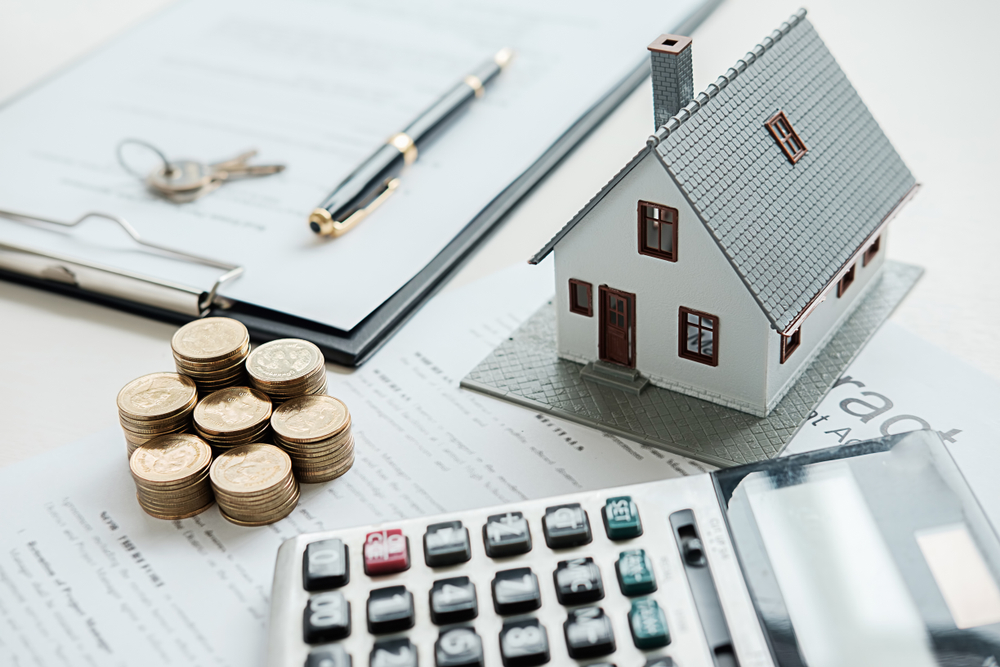
In 1961, only 42% of households owned their own home, and in several parts of London fewer than 10% did.
By 2011, 64% of people owned their own home, and the area with the lowest level of home ownership was Shoreditch – at 16%.
In 1961, 28% of households were privately rented, and 24% were rented from a council or New Town Corporation, later handed to councils.
By 2011, only 9% were rented from the local authority, and 15% rented privately.
Sarah Coles, personal finance analyst at Hargreaves Lansdown, said: “Generation Rent is nothing new, in fact it’s the norm. In 1961, a smaller percentage of people owned their own home than do so now, and if you go back to WWI fewer than one in four people did.
“But changes since the 1960s means today’s Generation Rent have an even harder time than their 60s equivalents.
“During this time, there has been a gradual switch from renting from the public sector to renting from private landlords.
“Back in 1961, the sector was split roughly evenly between the public and private sector, but in 2011, the private rental sector was much bigger (15% compared to 9% rented from a local authority).
“Private rent tends to be more expensive, which means that right now, on average renters spend 32% of their income on rent.
“This is difficult enough to pay while we’re working, but poses all sorts of challenges when we retire.
“If there’s a shortfall between our benefits and rental costs, unless we’ve made rent part of our retirement planning, it can mean all sorts of difficult decisions about how we can afford to live.
“To make matters even more difficult, we spend far longer in retirement than previous generations.
“Despite the fact that the state pension age has risen in the interim, rising longevity means the average retirement is longer – and strikingly so for men.
“It’s psychologically more difficult too, because our expectations have changed.
“In 1961, our parents were far less likely to own, so we had lower expectations of ownership. Now our parents are more likely to own than we are, so renting feels like a backwards step.
“Meanwhile, leaving Generation Rent has become harder, because property prices have been racing ahead of average incomes for so long.
“Back in 1961, the average property cost just over four times average earnings, whereas by the end of 2020 it cost almost eight times average earnings. In fact we’re back to the levels we saw at the end of the 19th century.
“It means we need all the help we can get in order to buy a property. If you’re saving for your first home, and expect to buy at least a year down the line, it’s worth considering a Lifetime ISA for the first £4,000 of your savings each year.
“The government will top it up by 25% – so every year you could get £1,000 of free money from the government towards your property purchase.”



